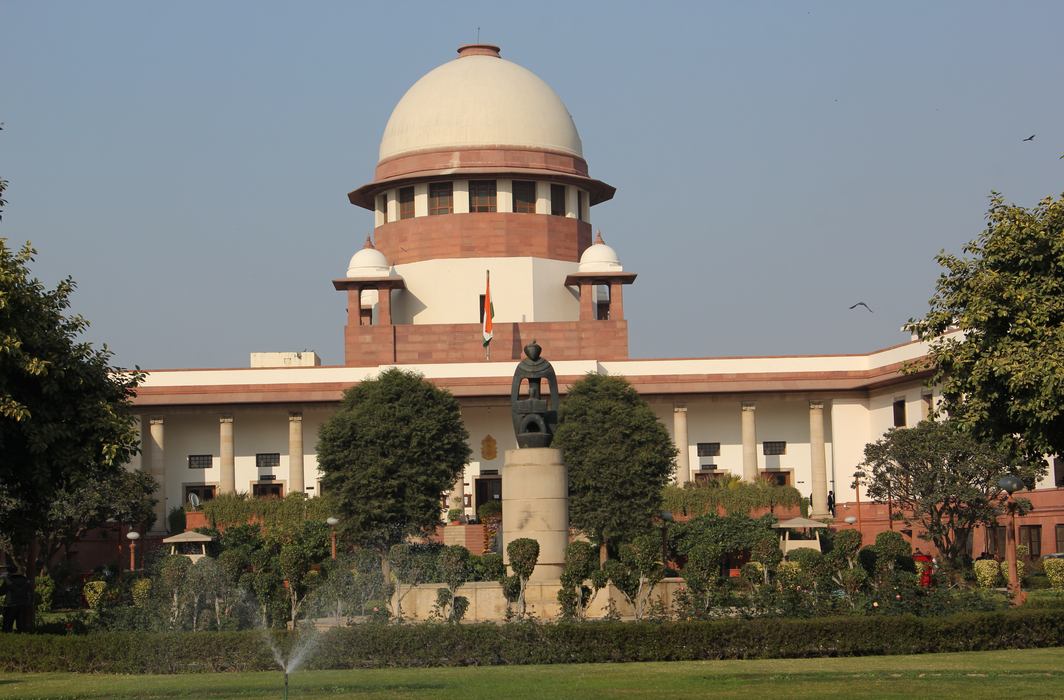The Supreme Court has imposed a cost of Rs 1 lakh on a tenant and directed him to pay the rent of 11 years on the basis of market rate to the landlord within three months.
A two-judge bench of Justices Sanjay Kishan Kaul and R. Subhash Reddy said, “This is a classical case of how civil proceedings can be prolonged ad infinitum, causing grave injustice to one of the parties.”
The court has noted, “The landlord filed suit for possession which succeeded right till this Court. The execution proceedings filed in the year 2009 has dragged on for 12 years. The petitioner before us filed objections in the execution proceedings on 26.03.2010. It was his contention that he was running a business in the decretal shop in partnership with the tenant from 1980.”
“This application filed by the petitioner itself was an abuse of process of law,” said the Apex Court.
The court said, “We are not satisfied with merely dismissing the special leave petition as some signal must be sent to discourage this nature of litigation. We, thus while dismissing the SLP, impose the following directions :
- The execution be satisfied within a period of 15 days from this order being placed before the trial Court.
- Damages be computed by the executing Court at the market rates against the petitioner from the date of filing the objection i.e. 26.03.2010 till possession is taken and this process be completed within a period of three months.
- The petitioner for wastage of judicial time and for dragging on the proceedings be burdened with costs of Rs 1 lakh to be paid to the respondent within the same period of three months.
Prabal Dutta, predecessor-in-interest of respondent No.2, filed Title Suit No.93/94 of 2004 against one Rabindra Nath Sinha stating, inter alia, that the said Rabindra Nath Sinha was inducted as a lessee under an agreement for 21 years sometime in 1967. After expiry of the period of lease, the original plaintiff filed the suit for eviction against the said Rabindra Nath Sinha, recovery of possession and other incidental reliefs from the suit premises. The said suit was decreed by a judgment and decree dated 17th August, 2005 by the learned Civil Judge (Junior Division), 6th Court at Alipore. The defendant/lessee challenged the judgment and decree passed by the learned trial Court successively up to the Hon’ble Supreme Court. However, the appeals filed by the original defendant /tenant were dismissed on contest affirming the judgment and decree of eviction passed by the trial Court.
After the conclusion of the initial legal battle in the form of suits and appeals, the plaintiff/decree holder put the decree in execution in the year 2009.
The present appellant, namely Debashish Sinha, entered appearance in the said execution proceeding on 26th March, 2010 claiming himself as a nephew of the original defendant/judgment debtor and filed an application under Order XXI Rule 97, 99 and 100 read with Sections 47 and 151 of the Code of Civil Procedure contending, inter alia, that he has been running a business in a decretal shop room under the name and style “The Wardrobe” since 1977 with the original defendant/judgment debtor.
The Calcutta High Court had dismissed the appeal filed by Debasish Sinha. The Court had held that, “In the instant case relationship of lessor and lessee between the decree holder and the original judgement-debtor was established up to the Hon’ble Supreme Court. The present appellant is a ranked third party in respect of landlord-tenant relationship and he cannot claim independent tenancy on the basis of a partnership agreement executed by and between him and the original judgement-debtor.”
Read the order here;
Read Also: Mehbooba Mufti moves Delhi High Court against Enforcement Directorate summons


